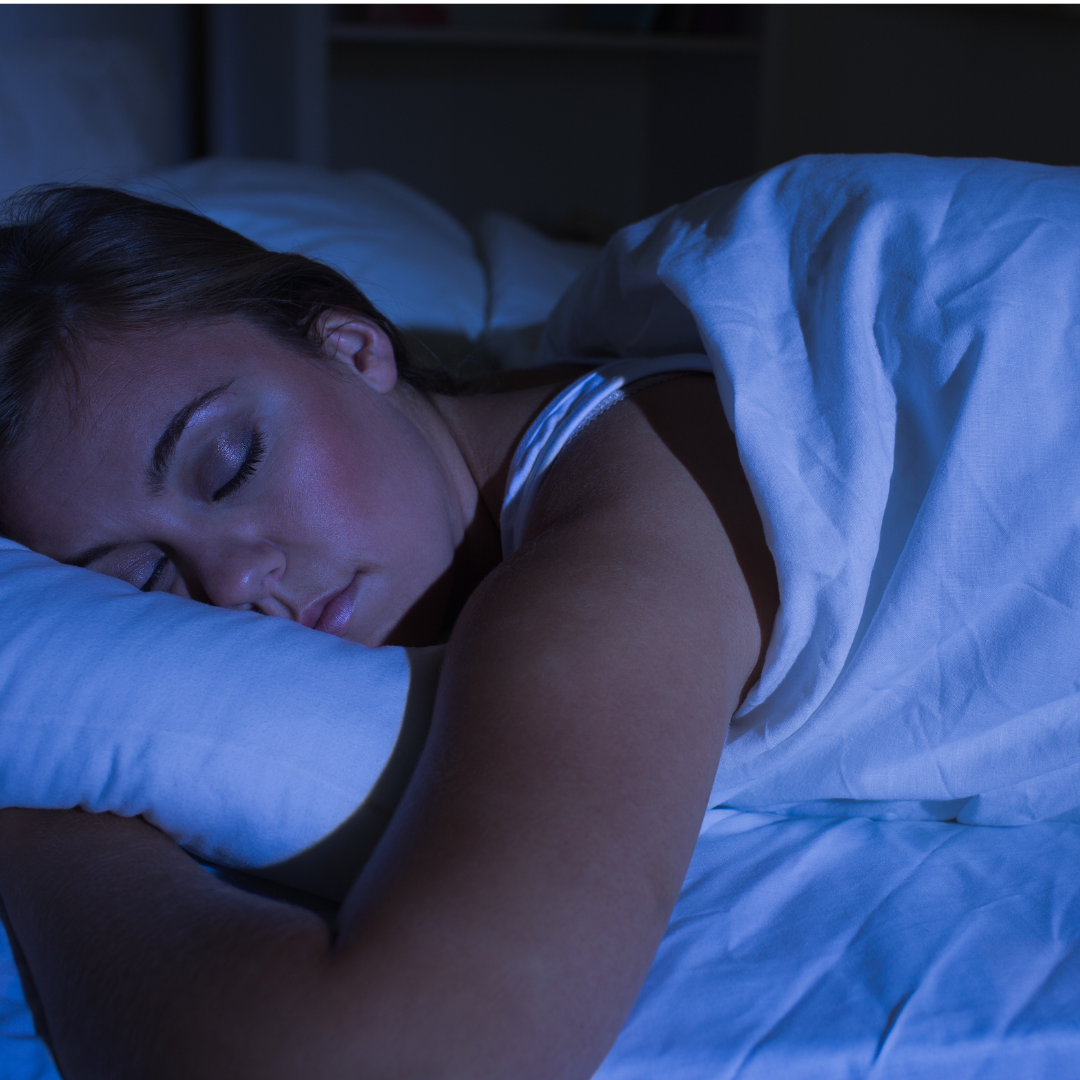Do you need more sleep in your life, or could sleep be the ‘X’ factor in getting healthier and in shape for you?
In our busy, fast paced, driven world and in the race to get ahead, it’s very common to skimp on sleep in order to pack more into our days.
We know that we should address our sleep, but despite our good intentions to take better care of ourselves in this department, somehow life keeps getting in the way.
The flow on effect of getting less than the required hours of sleep can take an acute or even chronic effect on our health.
One night of missed sleep will impact your body’s ability to regulate glucose which can lead insulin resistance and if you are trying to shed fat, derail your efforts.
If you’re looking to be your healthiest, best version of you, then sleep may just be the X factor in getting into good shape. It’s in your deepest sleep cycles that your body has its greatest ability to repair, recover and grow.
Acute Effects
Tired/Lethargic
Bags under the eyes
Weight gain
Loss of dexterity
Insulin insensitivity (blood sugar levels can rise and diabetes can develop)
Leptin insensitivity (which can lead to uncontrollable food cravings – especially for junk foods)
Increased Ghrelin secretion (the higher your Ghrelin levels, the hungrier you will be)
Chronic Effects
High blood pressure
Obesity
Obstructive Sleep Apnoea
Cardiovascular disease
Psychiatric disorders & depression
Overtraining
Illness/Injury
ADD
Insomnia
Narcolepsy (falling asleep at inappropriate times)
Strength Loss
Muscle Loss
Here are our top 10 tips for a good night’s sleep:
1. Only use your bed for the two S’s – sleep and sex.
2. Try not to toss and turn for too long. If you’re not asleep in 15 minutes, get out of bed and do something relaxing until you are ready to sleep.
3. Darkness is key! Get block out curtains. Wear an eye mask. Remove your alarm clock / phone from your room, or at the very least cover up the light they emit. Any light in the night can trigger your hypothalamus to activate, telling you it’s time to wake up and go to work. Seeing the time can make you stress about how long you’ve got left to sleep making sleep near impossible.
4. Avoid caffeine and alcohol before bed as they can interrupt your sleep patterns.
5. Speaking of sleep patterns, create a regular sleep schedule. If you don’t, you might as well be doing shift work as the irregularity will disturb your circadian rhythm.
6. Determine what time you need to get to bed each night to ensure you get enough sleep for your body – usually somewhere between 7.5-9 hours.
7. Avoid taking long naps during the day as they can make it harder to stick to your sleep schedule.
8. Keep your house at a comfortable temperature neither too hot nor cold. 18-22 degrees is a good range to work within.
9. Keep your feet warm – it’s impossible to fall asleep with cold feet!
10. Sleep alone. Your partner and pets may not be too happy with this but if you suffer from a lack of quality sleep then this is an option that may need to be considered to keep everyone functioning at their healthiest best.
We hope this helps!




